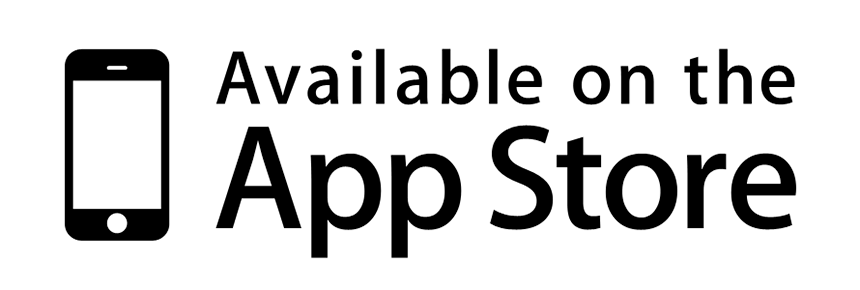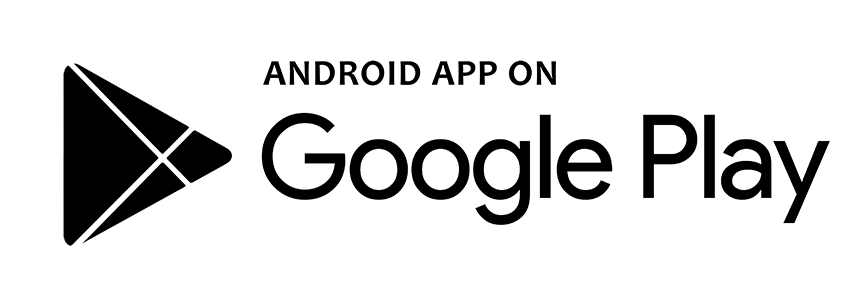Navigating Regulatory Compliance: Simplifying Processes with Virtual Tools
In today's complex regulatory landscape, navigating compliance requirements can be a daunting task for hospitality businesses. From safety standards to data privacy regulations, hotels must adhere to a myriad of rules and regulations to ensure legal compliance and avoid penalties. Fortunately, the advent of virtual tools has transformed the compliance process, making it easier than ever for hotels to simplify and streamline their operations while meeting regulatory obligations.
Virtual tools encompass a wide range of technologies designed to automate processes and enhance efficiency across all aspects of the hospitality business. From housekeeping management to employee scheduling and internal communication, these tools offer comprehensive solutions to address the diverse needs of hotel operations. By leveraging virtual tools, hotels can not only streamline regulatory compliance processes but also improve overall operational efficiency and guest satisfaction.
One area where virtual tools have made a significant impact is in housekeeping management. Traditionally, ensuring compliance with cleanliness standards required manual inspections and extensive paperwork. However, with virtual tools such as digital checklists and task management systems, hotels can automate housekeeping processes, ensuring that all regulatory requirements are met efficiently and effectively. This not only saves time and reduces administrative burdens but also enhances the guest experience by ensuring a clean and hygienic environment.
Similarly, virtual tools have revolutionized maintenance management, another critical aspect of regulatory compliance. By utilizing predictive maintenance software and IoT-enabled sensors, hotels can proactively identify and address maintenance issues before they escalate, ensuring that facilities remain safe and operational at all times. This proactive approach not only minimizes downtime but also helps hotels comply with safety and building codes, reducing the risk of costly fines and penalties.
Employee management is another area where virtual tools play a crucial role in regulatory compliance. By implementing mobile-first platforms for scheduling, task assignment, and communication, hotels can ensure that staff are properly trained and equipped to meet regulatory requirements. Real-time communication and access to information enable employees to respond quickly to compliance issues, minimizing risks and ensuring a safe and secure environment for guests and staff alike.
At HKeeper, we understand the challenges that hotels face in navigating regulatory compliance, and we're committed to simplifying processes with our comprehensive suite of virtual tools. From housekeeping and maintenance management to employee scheduling and internal communication, our solutions are designed to automate manual processes and streamline workflows, enabling hotels to focus on delivering exceptional guest experiences while ensuring compliance with regulations. By reducing repetitive tasks and administrative burdens, we help hotels save time and resources, allowing them to reinvest in the future of their business.
In conclusion, virtual tools have become indispensable assets for hotels seeking to navigate regulatory compliance with ease and efficiency. By embracing automation and leveraging cutting-edge technologies, hotels can streamline processes, minimize risks, and ensure compliance with regulations, all while enhancing operational efficiency and guest satisfaction. At HKeeper, we're dedicated to helping hotels succeed in this digital age by providing innovative solutions that empower them to thrive in a highly competitive market.







